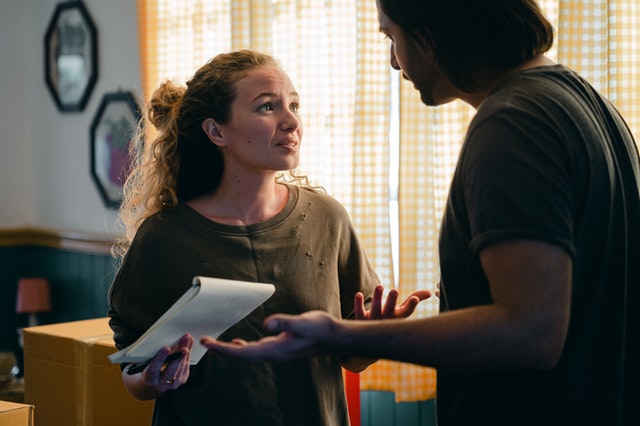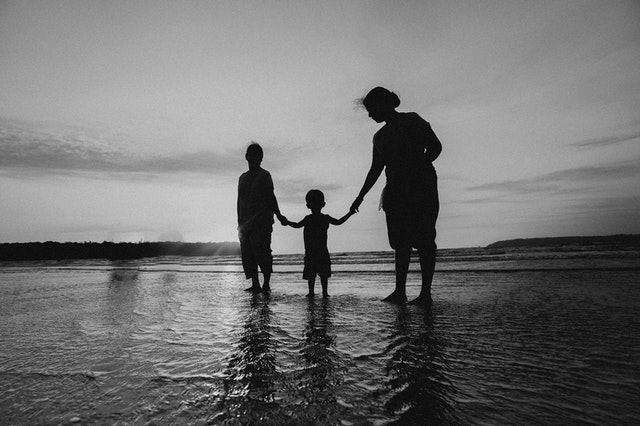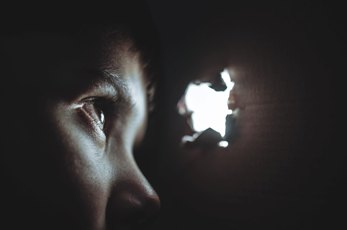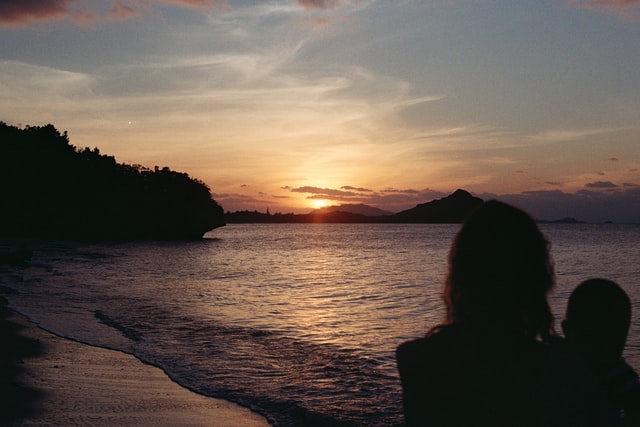New research explores the impacts of adverse childhood experiences in New Zealand
Mon 21 Jun 2021
A University of Auckland study explores the association between exposure to adverse childhood experiences and being subjected to violence in later life.

Authored by University of Auckland researchers Janet Fanslow, Ladan Hashemi, Pauline Gulliver and Tracey McIntosh, the research shows that a person experiencing emotional abuse at home as a child is nearly three times more likely to experience violence from an intimate partner in later life. Exposure to just one type of adverse childhood experience (ACE), – which includes half of the population – is associated with increased odds of being subject to violence later in life.
The research, published in the journal Child Abuse & Neglect, analysed the responses of nearly 2,900 people who took part in New Zealand’s 2019 Family Violence Survey. International studies have shown links between ACEs and adult experiences of violence, along with worse health for people exposed to multiple adverse experiences.
Adverse childhood experiences include:
- Emotional, physical or sexual abuse
- Witnessing intimate partner violence
- Household substance abuse
- Household mental illness
- Parental separation or divorce
- An incarcerated household member
In the New Zealand study, one out of two respondents reported at least one ACE. The figures were worse for Māori, with almost 8 out of 10 Māori adults reported having experienced at least one ACE.
One out of nine respondents reported at least four ACEs before the age of 18 – a cumulative toll associated with six-times higher risk of experiencing intimate partner violence and seven-times higher risk of experiencing non-partner violence.
“It’s crucial to intervene in childhood adversity, since the effects can be multiplied over a lifetime, exacerbating social and economic inequalities" says study author Associate Professor Janet Fanslow, of the School of Population Health in the Faculty of Medical and Health Sciences. She argued that "We need to invest in strategies that support and sustain the development of safe, stable, nurturing relationships and environments for all children and families to help all children reach their full potential.”
Overall, those who were: younger, identified as Māori, unemployed, lived in the most deprived areas, and those who were food insecure reported significantly higher exposure to ACEs.
Related research
The National Collective of Independent Women’s Refuges published the report, Kids in the Middle (2021), on what children need to feel safe after family violence. Researchers interviewed 19 children age 5 to 13 about their experiences of finding safety and support. Women’s Refuge Chief Executive Dr Ang Jury said “Children talked about what brought them to Refuge, and underlined the losses, transitions, and disruptions that were caused by perpetrators’ use of violence. For them to have the best possible support, they need someone walking alongside them who is both a specialist in family violence and a specialist in working with kids.” The research has helped inform the Kōkihi ngā Rito pilot being launched at some Women's refuges to explore services for children.
Related news
The government has announced that the Independent Children’s Monitor (Te Mana Whakamaru Tamariki Motuhake) will become its own departmental agency within Government and be hosted by the Education Review Office. It will be led by its own Chief Executive who will be a Statutory Officer. Minister for Social Development and Employment Carmel Sepuloni said:
“The Government had planned for the Office of the Children’s Commissioner to host the Monitor however, after weighing a number of factors we have decided to establish a new departmental agency.
"It is important the Office of the Children's Commissioner remains a vocal and independent advocate for New Zealand's children. The organisation, which monitors the Oranga Tamariki system and reports on its performance, needs to provide evidence and data on the performance to Government and the wider public. After looking into each of the roles required, we believe both organisations need to be independent of each other.
“The Government has also agreed to additional provisions to help ensure the Monitor’s Statutory Officer can be responsive to Ministerial requests for advice while maintaining the trust and confidence of the public. Ministers will therefore not be able to stop or prevent the Monitor from undertaking monitoring activities.
“This will provide a safeguard to ensure the Monitor’s work cannot be disrupted. However, the Minister responsible for monitoring will be able to positively request the Statutory Officer undertake additional monitoring activities in line with the Monitor’s role as a trusted advisor to Ministers.
“A Māori Advisory Group will be established and the Statutory Officer must have regard to the views of this Group. This will help ensure the Monitor meaningfully and effectively engages with Māori.”
Children's Commissioner Judge Becroft has questioned the decision and the plan for a Māori advisory group. VOYCE – Whakarongo Mai has also criticised the decision.
Related media
Traumatised, and nowhere to get help: An epidemic in our justice system, Newsroom, 28.09.2021
Māori leaders’ concern about Oranga Tamariki watchdog plan, Newsroom, 30.06.2021
Child advocates and cake - children tell Women's Refuge what kids need, Stuff, 21.06.2021
Photo by Ben Wicks on Unsplash









